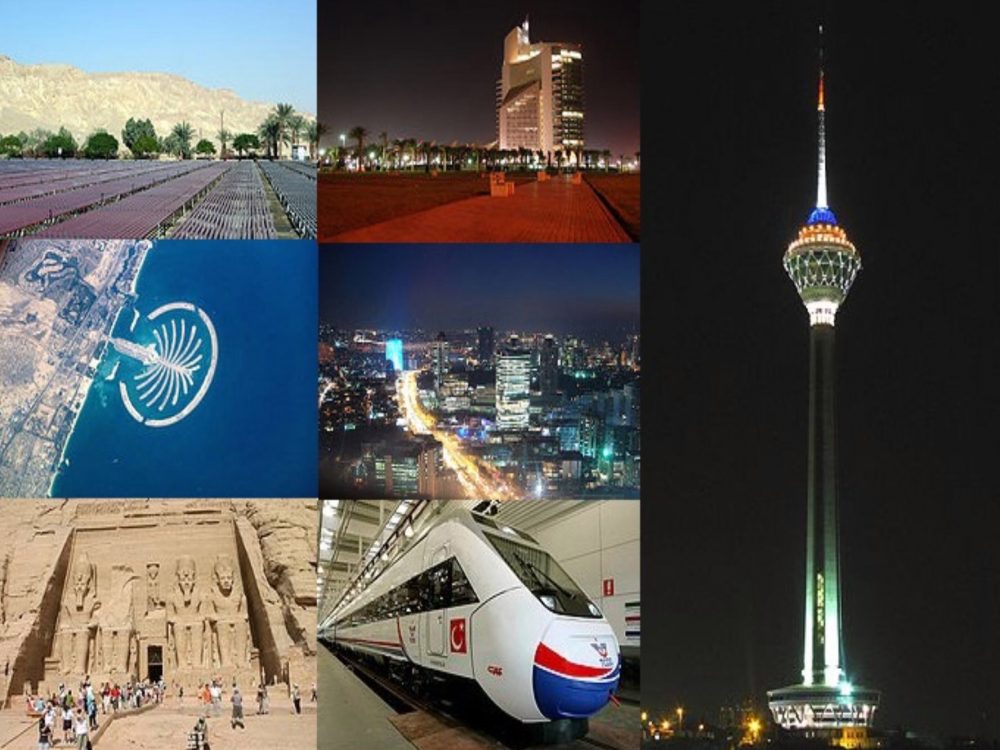Succeeding in the 21st Century Global Economy
Today, when city, regional, and national planners talk about building a wealthier future, they inevitably talk about the need to build a knowledge-based economy. No matter what the industries at the locale in question, whether hospitals, robotics companies, oil or agriculture, continual education and innovation are necessary if products and services are to be competitive and cost-effective on the global stage. The Middle East is a case in point: it must integrate its economies and diversify out of oil and gas and into emerging high-tech sectors.
Many cities and countries have large populations of unskilled workers, with neither the education or training necessary to compete in global markets. If these “economic units” are to climb the economic ladder, they must build a knowledge-based population through education and fundamental research.
Even the most advanced countries are in the middle of a transition to a knowledge-based economy which will eventually be based on recent breakthrough technologies in computing, biotechnology, microelectronics, new materials, telecommunications, robotics, and more.
A Model for Participating in the Global Knowledge-Based Economy
According to the ISET Policy Institute, a recipe exists for building a knowledge-based economy. ISET provides a visualization of a knowledge-based economy in the following video, “Knowledge Economy Visualized.” The basic idea is to provide education and training to the population so they can participate in high-level high-tech research and engineering.
The following video focuses on the former Russian Republic of Georgia which is one of the most innovative small countries in the world today.







